In a secure late-night call between President Donald Trump and NATO Secretary General Mark Rutte, Secretary of State Marco Rubio dialed in from Malaysia, where he had just met with Russian Foreign Minister Sergey Lavrov. Rubio relayed Trump’s deep frustration with Russia’s lack of progress toward peace in Ukraine.
While Rubio described Lavrov’s ideas as “new and different,” he acknowledged they held no guarantees. During the call, Trump made a surprising announcement: the U.S. would support sending billions in NATO-funded weapons to Ukraine — a major pivot from previous hesitation.
This move came after months of failed ceasefire negotiations, including direct talks between Trump’s envoy Steve Witkoff and Russian President Vladimir Putin. Rather than withdrawing support from Ukraine, Trump decided to reengage more aggressively. This reversed a recent pause in arms shipments approved by Defense Secretary Pete Hegseth. Rubio’s influence helped shift the administration’s direction, positioning him as a behind-the-scenes strategist who reshaped U.S. foreign policy without taking the spotlight.
Rubio, once a vocal foreign policy hawk in the Senate and an early champion of Ukraine, has recalibrated his tone since joining Trump’s team. Interviews with over a dozen insiders reveal that Rubio has subtly shaped policy while avoiding overt confrontations with Trump’s isolationist advisors. His ideas have steadily gained traction as the administration has aligned more closely with his longstanding views.
Rubio Wields Historic Dual Roles, Strengthened by Alliances and Trump’s Growing Personal Trust
Rubio now holds a historically powerful position: simultaneously serving as Secretary of State and National Security Adviser — a feat unmatched since Henry Kissinger. In addition, he temporarily led agencies like USAID and the National Archives, further centralizing foreign policy under his command. As Trump praised him publicly for resolving crises, Rubio earned a reputation as the administration’s “fix-it man” across global affairs.
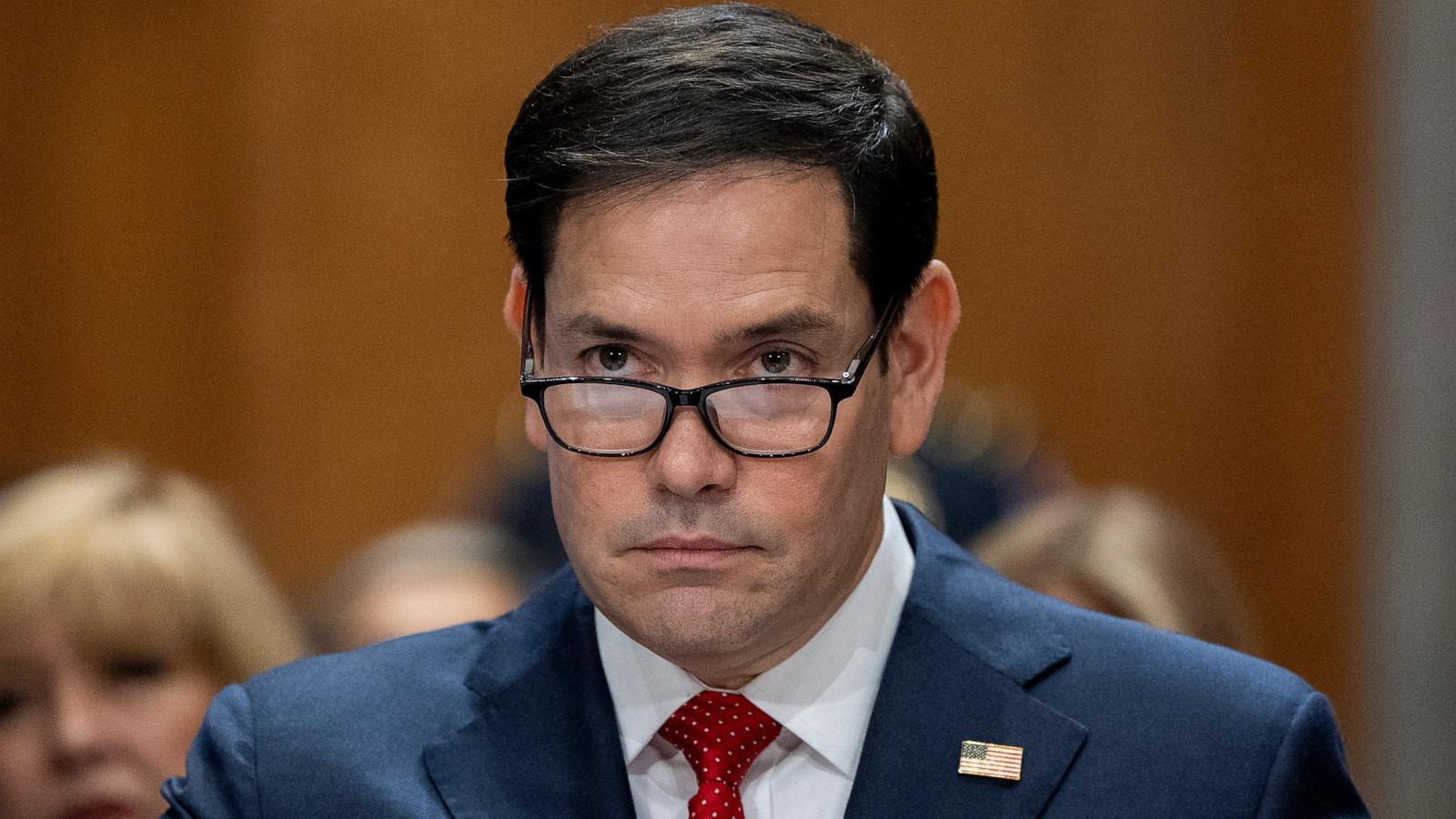
Rubio’s ascent is partly due to his relationships with top Trump allies, notably Vice President JD Vance and Chief of Staff Susie Wiles. Although once competitors for the VP slot, Rubio and Vance developed a close working relationship, aided by shared staffing ties to conservative groups like Heritage Action. The three form a powerful alliance within the White House, with Rubio frequently stepping in for high-stakes meetings or negotiations when needed.
Initially, Trump and Rubio had a contentious relationship dating back to the 2016 campaign, where insults were traded and trust was limited. However, once Rubio began spending more time at the White House, the dynamic changed. They bonded over shared interests like UFC and a mutual preference for discretion in family life. Trump eventually placed immense trust in Rubio, allowing him unprecedented control over foreign policy execution.
Rubio Outshines Rivals, Balancing Discipline, Loyalty, and a Tight Grip on Power
Compared to other top officials — like Hegseth at the Pentagon or former adviser Mike Waltz — Rubio has appeared more capable and disciplined. While others stumbled in public or made procedural errors, Rubio maintained a firm grip on policy. His deep relationships in Latin America bore fruit during a high-profile prisoner swap involving Venezuela and El Salvador, which returned U.S. citizens in exchange for deported Venezuelans.
Despite his success, Rubio has faced criticism for presiding over deep cuts at the State Department. Over 1,300 civil and foreign service officers were laid off in a Musk-style downsizing effort led by Rubio’s team. Career diplomats, once hopeful that Rubio would protect their ranks, now express concern over the narrowing of institutional knowledge and the increasing politicization of key positions.
Rubio’s daily schedule is driven largely by White House priorities. Meetings at the State Department are often delegated to deputies, while Rubio focuses on coordinating with Trump and overseeing the slimmed-down National Security Council. This has resulted in tighter, faster decision-making but also some confusion — such as the recent miscommunication over paused arms shipments to Ukraine.
Rubio is both combative and humorous, depending on the setting. He forcefully defends administration policies in public, such as pushing back against Iran intelligence assessments, yet disarms critics with wit in private briefings. During a classified Senate update on strikes against Iran, Rubio led the room with confidence and humor, a stark contrast to some less prepared colleagues. His ability to command respect, joke with peers, and deliver results has solidified his role as Trump’s most trusted foreign policy hand.

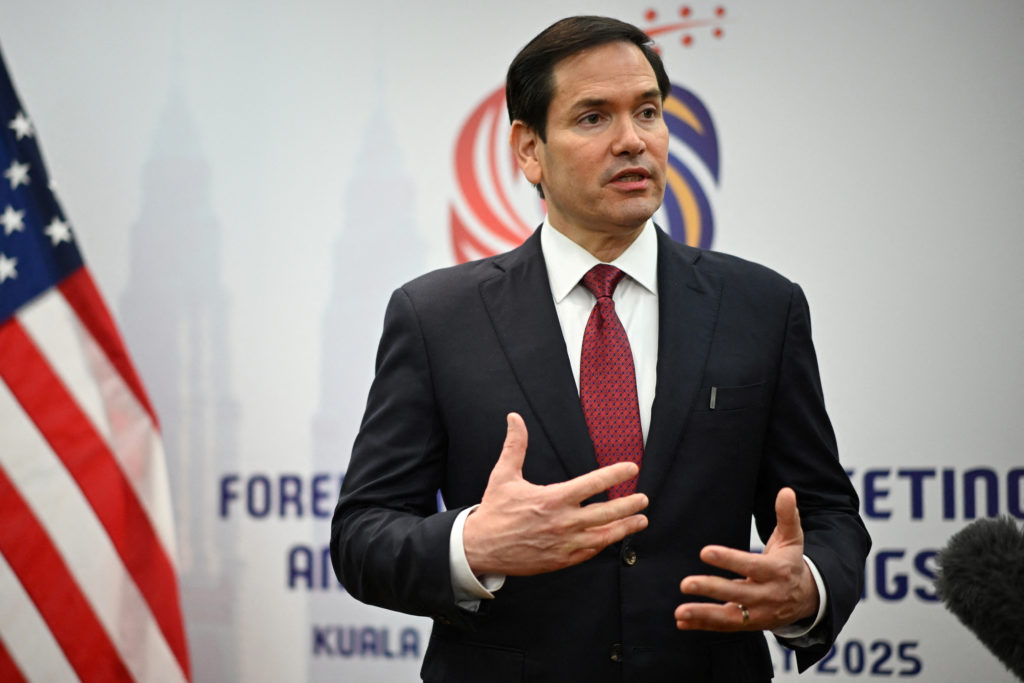
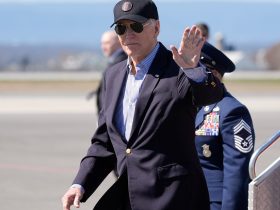






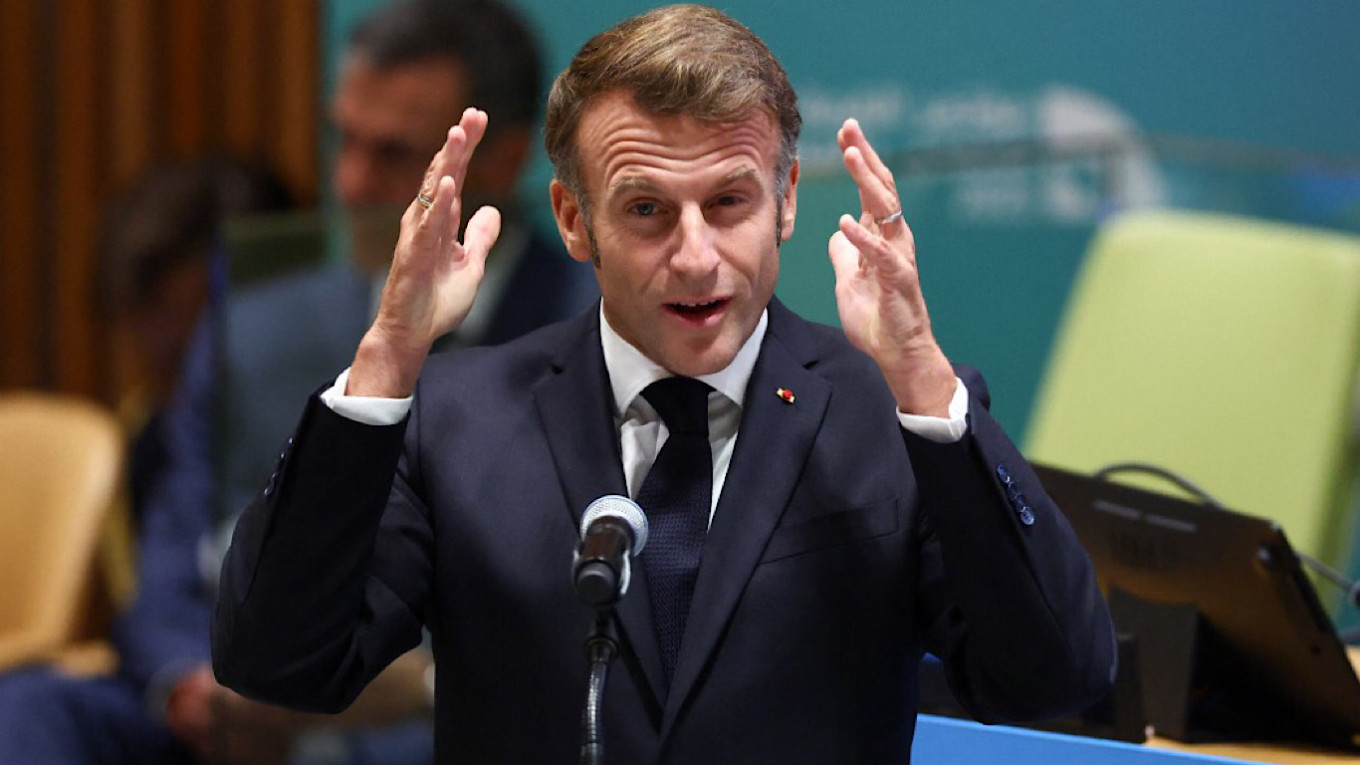
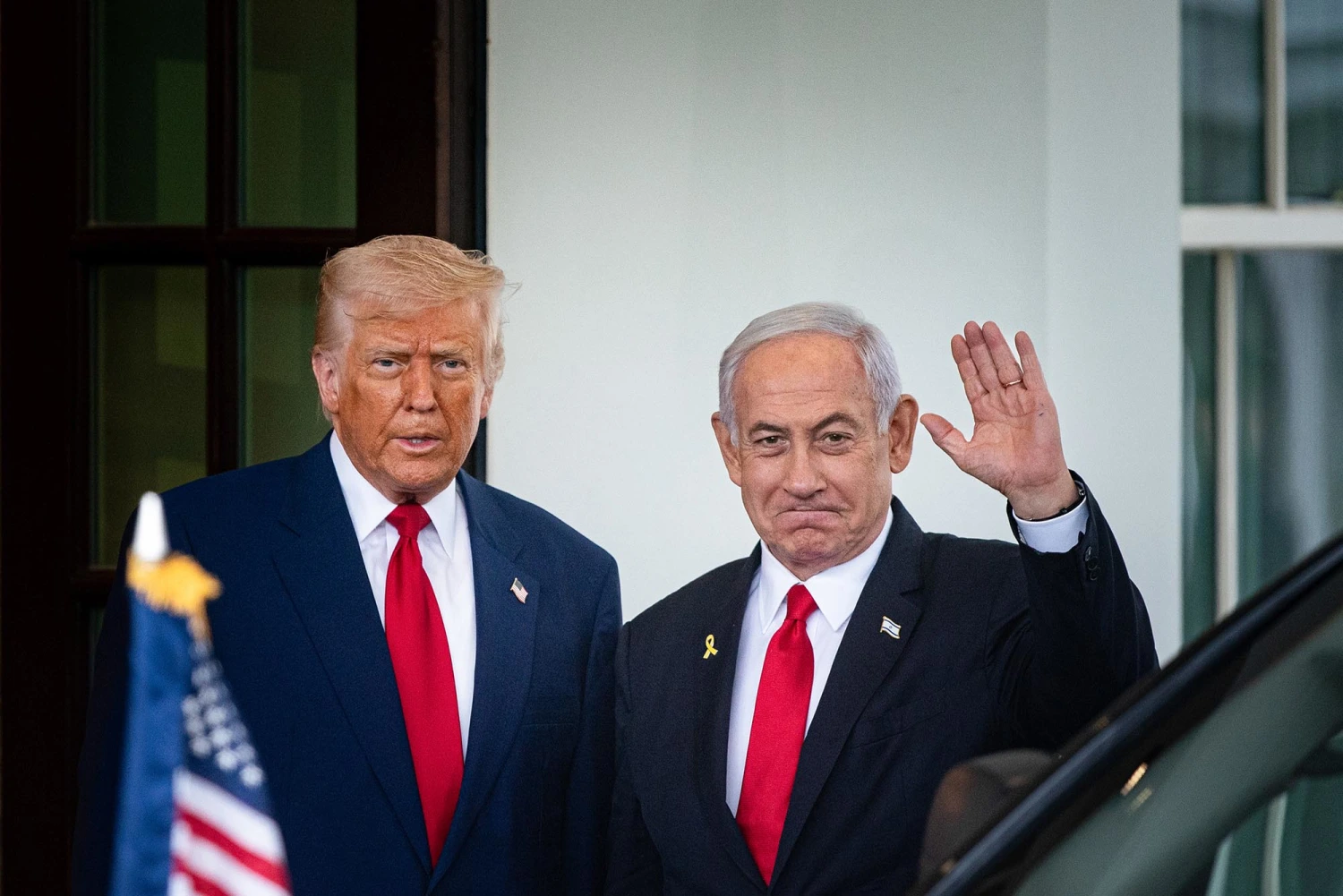
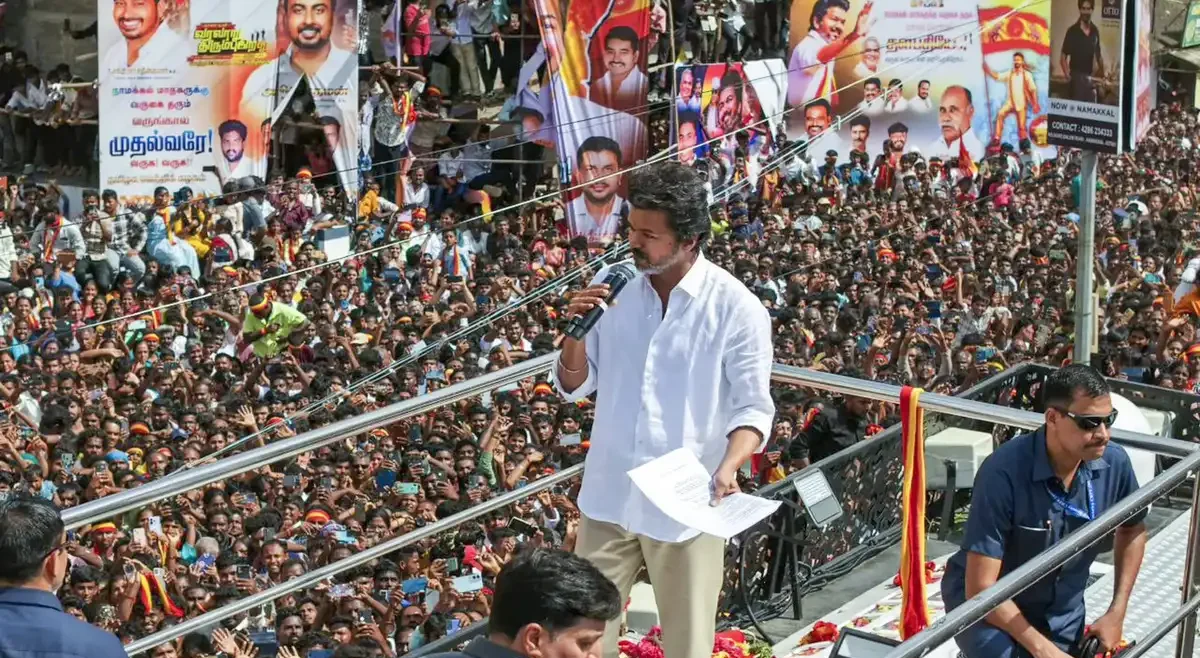
Leave a Reply